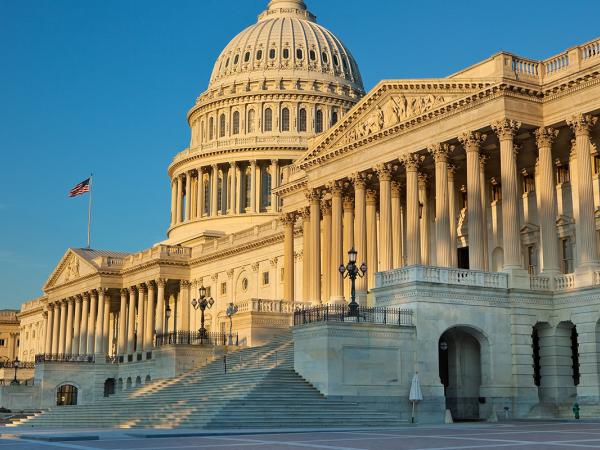
With more than two decades of experience in government and government relations, Neal is Senior Director of Government Relations at ML Strategies. He has represented clients before the U.S. Congress and Executive Branch on a wide range of issues including appropriations, energy and sustainability, tax policy, trade, and transportation. In support of a client portfolio that has included Fortune 100 companies, start-ups, non-profits and associations, and colleges and universities, Neal works to advance client goals related to federal policy and funding opportunities, and to increase client visibility with decision makers at the congressional and federal agency level.
Prior to joining ML Strategies, Neal served as a legislative assistant to U.S. Senator Max Cleland (D-GA), advising him on numerous issues including appropriations, energy and environment, international relations, natural resources, and trade.
Education
- University of Georgia (BA)
Case Studies
 Case Study
Case Study
 Case Study
Case Study




